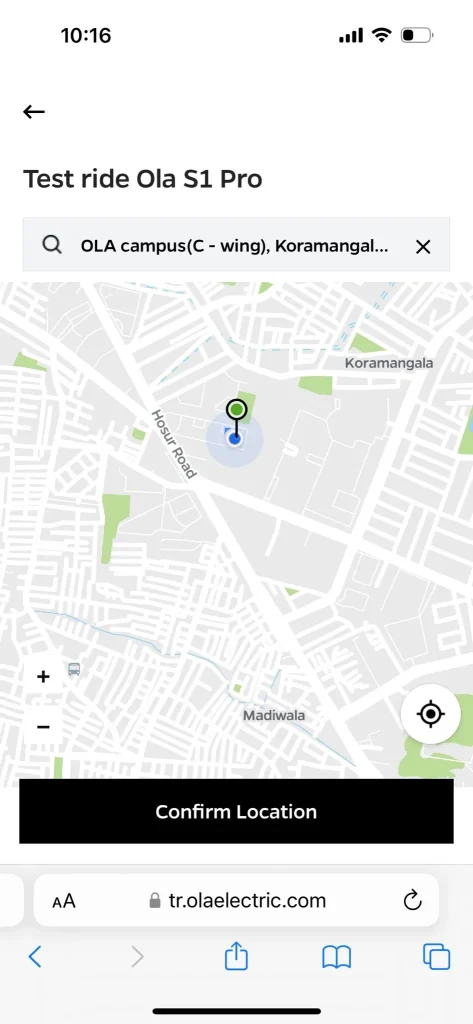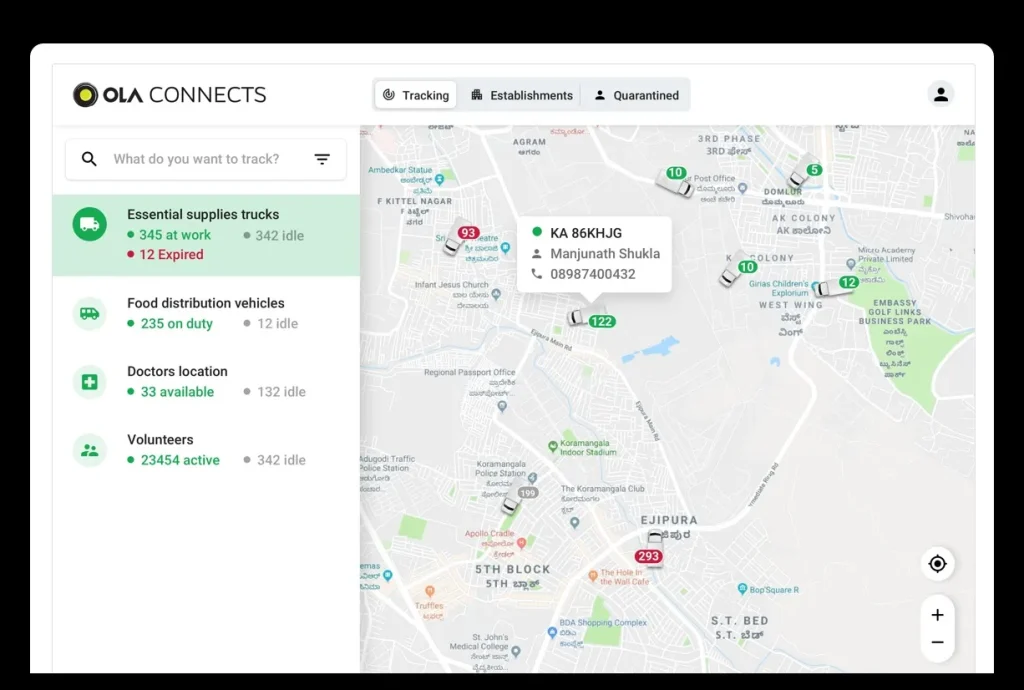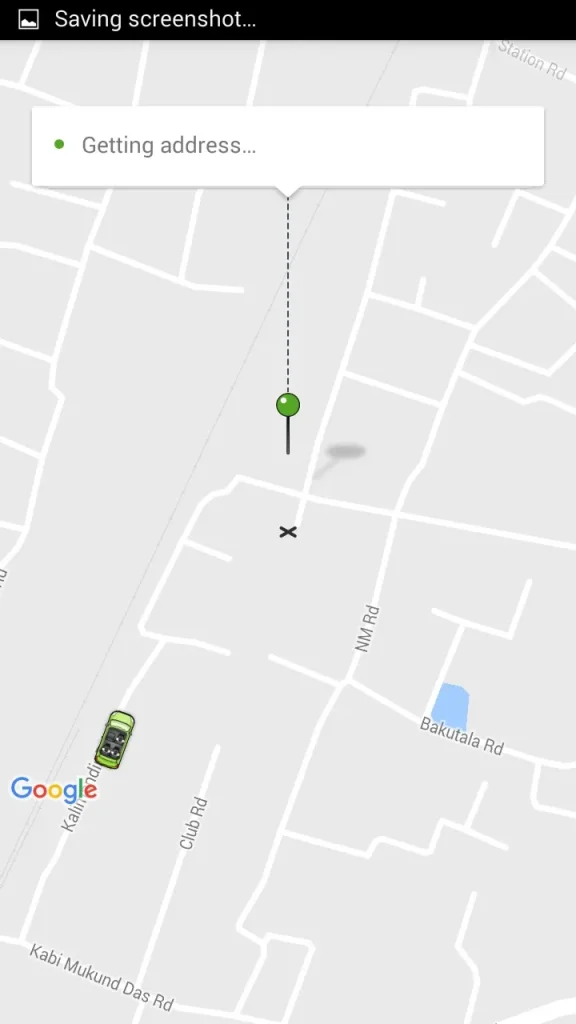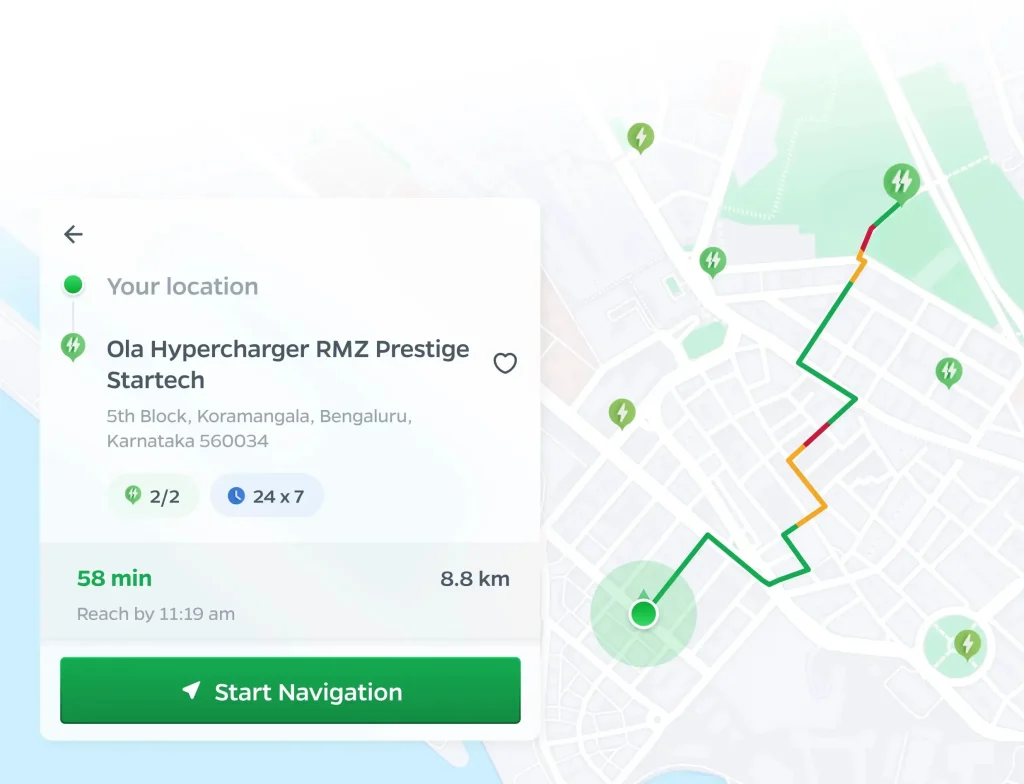After Azure exit last month, we’ve now fully exited google maps. We used to spend ₹100 cr a year but we’ve made that 0 this month by moving completely to our in house Ola maps! Check your Ola app and update if needed 😉
— Bhavish Aggarwal (@bhash) July 5, 2024
Also, Ola maps API available on @Krutrim cloud! Many more… pic.twitter.com/wYj1Q1YohO
Ola, the leading ride-hailing cab aggregator, has made a strategic move to fully transition from Google Maps to its proprietary mapping service, Ola Maps, effective July 5. This decision follows closely after Ola’s recent departure from Microsoft’s Azure platform.

Bhavish Aggarwal, CEO of Ola, announced the milestone on Twitter, stating, “After Azure exit last month, we’ve now fully exited Google Maps. We used to spend ₹100 crore a year, but we’ve made that 0 this month by moving completely to our in-house Ola Maps! Check your Ola app and update if needed 
Ola Maps aims to enhance operational efficiency and reduce dependency on external platforms by offering real-time navigation, optimal route suggestions, and precise location tracking tailored to the needs of its users. This transition underscores Ola’s commitment to innovation and self-reliance in the competitive transportation industry.

Additionally, Ola has made its Ola Maps API available on Krutrim cloud, signaling further integration capabilities and potential advancements in its technology ecosystem.
Ola Electric’s Pursuit of Solid-State Batteries for Electric Scooters
In a separate development, Ola Electric, chaired by Bhavish Aggarwal, has announced plans to pioneer solid-state batteries for its electric scooters, aiming for commercialization by early next year. This ambitious initiative aligns with Ola’s broader strategy to revolutionize electric mobility in India.

Aggarwal highlighted, “We are in the early stages of our experimentation on solid-state batteries,” emphasizing the potential benefits such as enhanced safety, longer lifespan, and faster charging times compared to conventional lithium-ion batteries.
Ola Electric’s forthcoming gigafactory in Southern Tamil Nadu, supported under the Indian government’s battery manufacturing incentive scheme, will play a pivotal role in this endeavor. The facility aims to bolster local production capabilities and reduce reliance on imports, marking a significant step towards sustainable and scalable battery technology in India’s electric vehicle sector.

While solid-state batteries offer promising advancements, challenges such as raw material scarcity and high production costs remain hurdles to widespread adoption. Ola Electric’s proactive approach underscores its commitment to pioneering innovations that could reshape the future of electric mobility in India and beyond.
